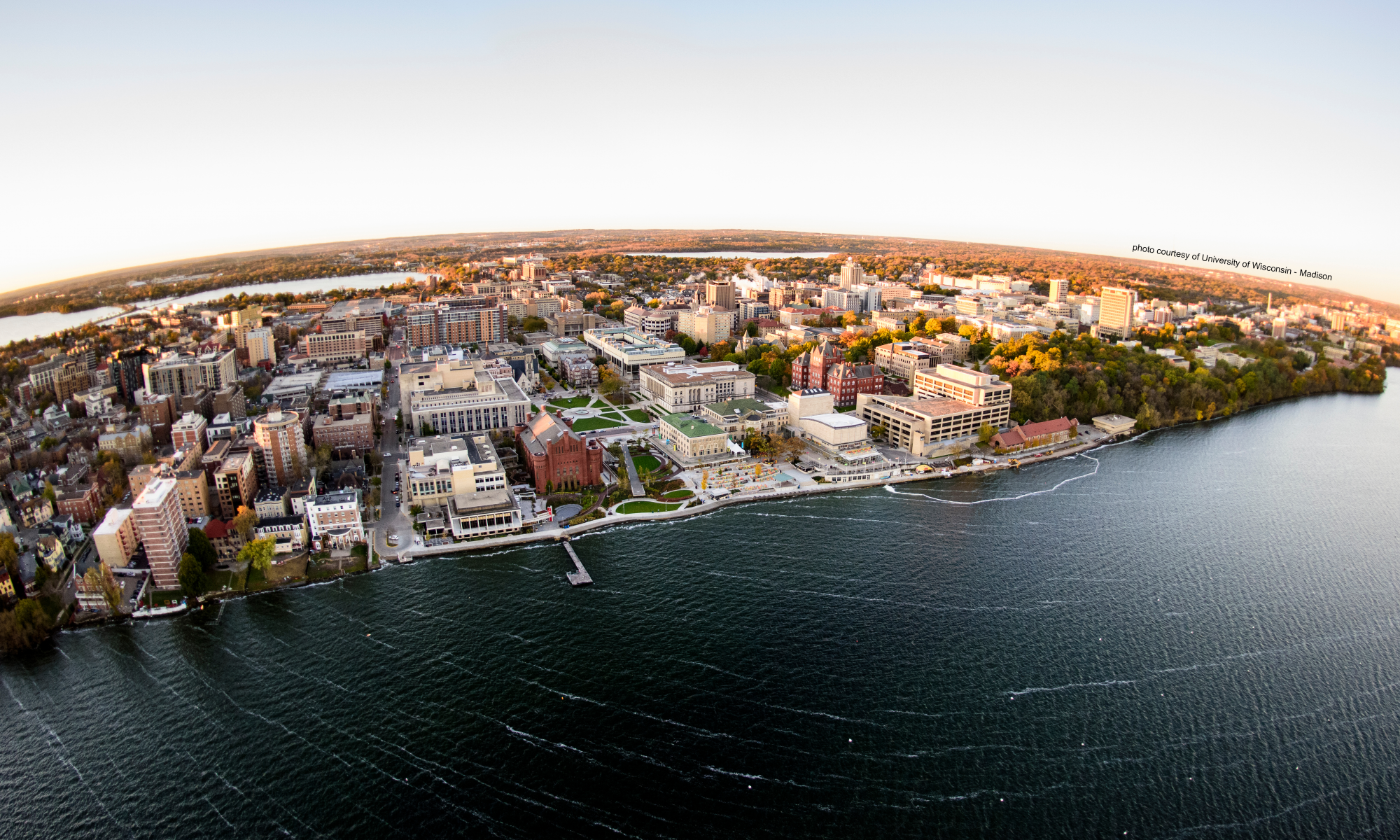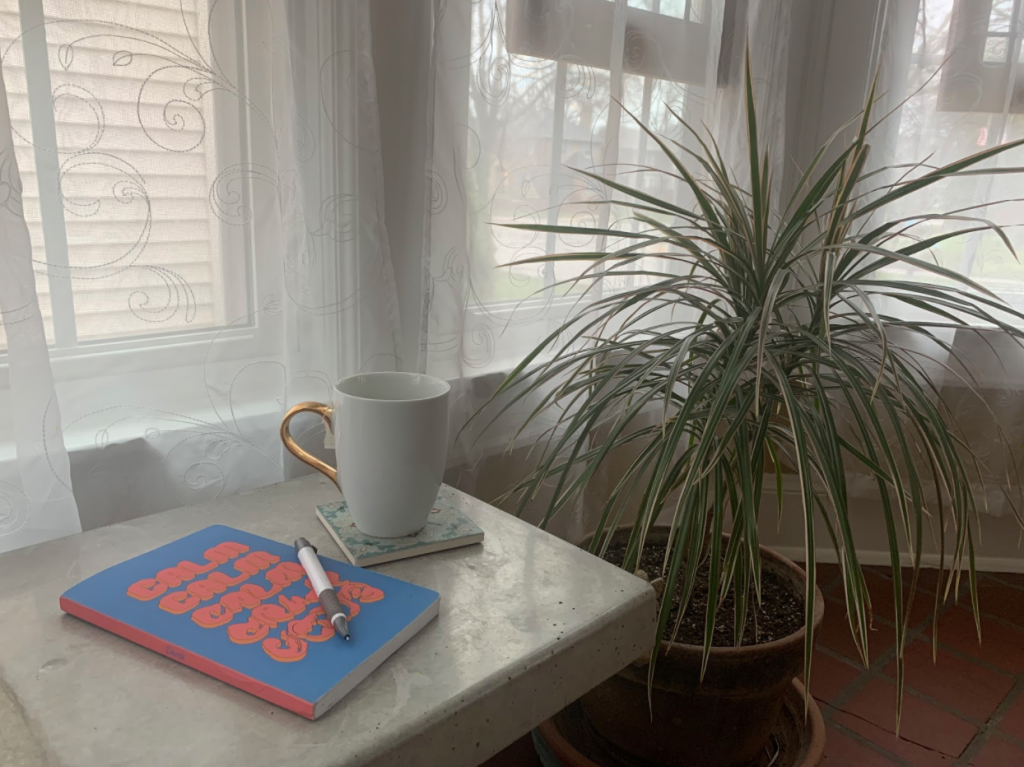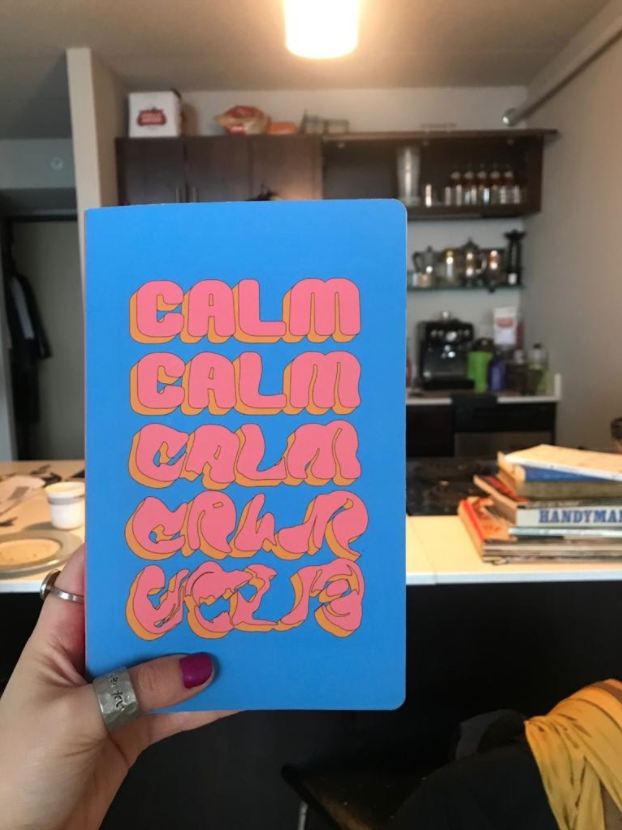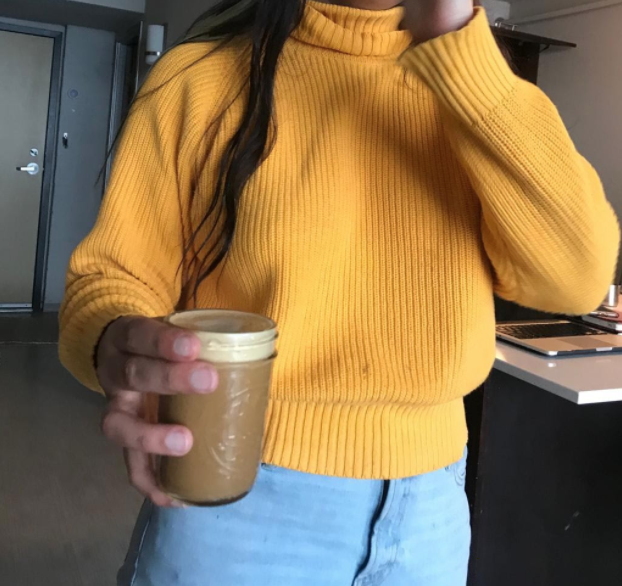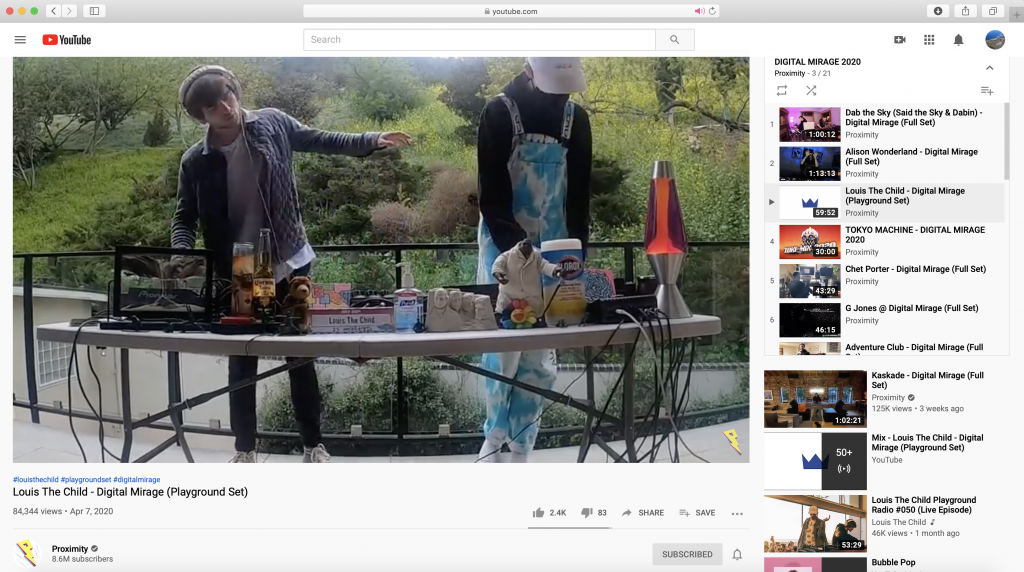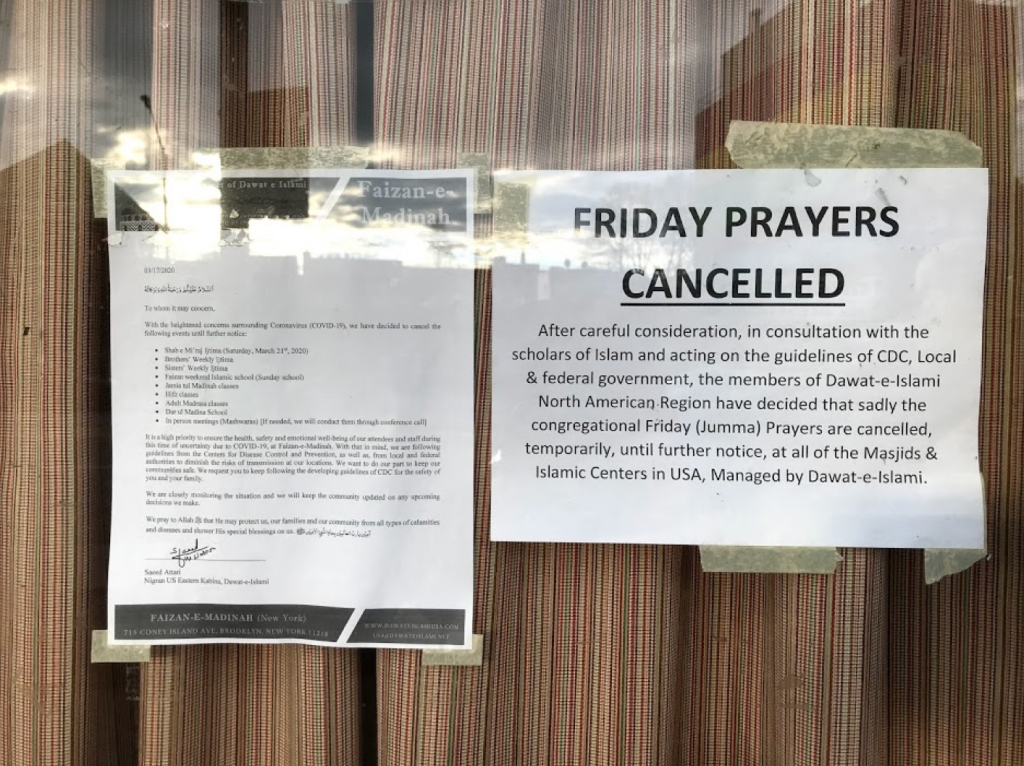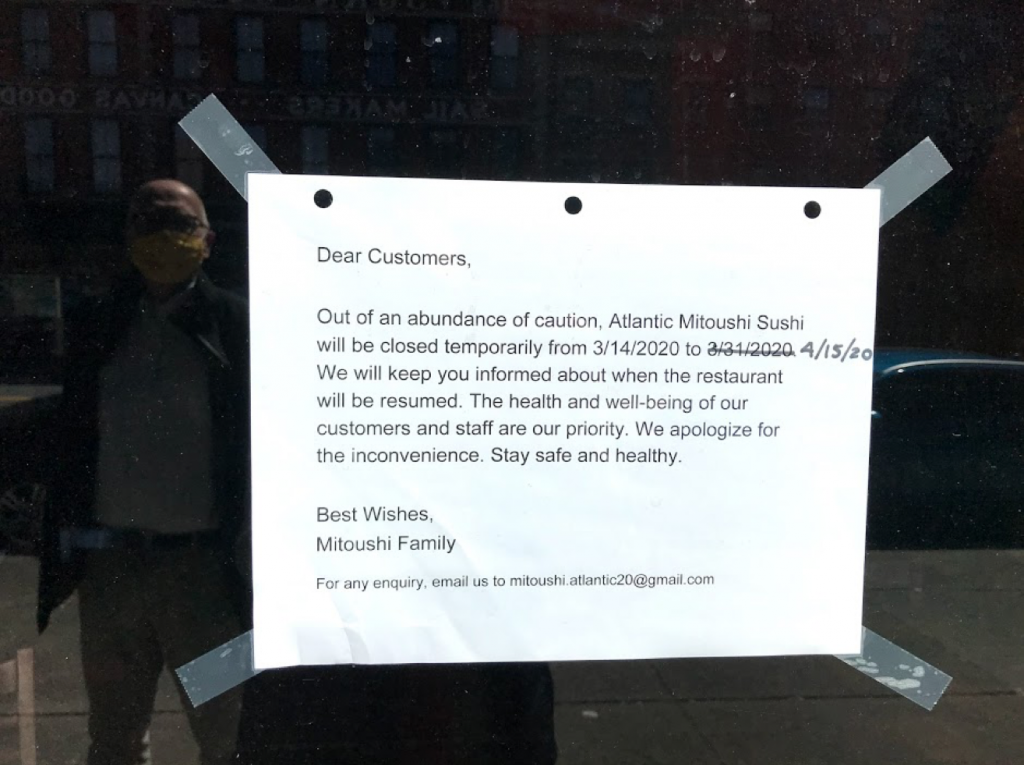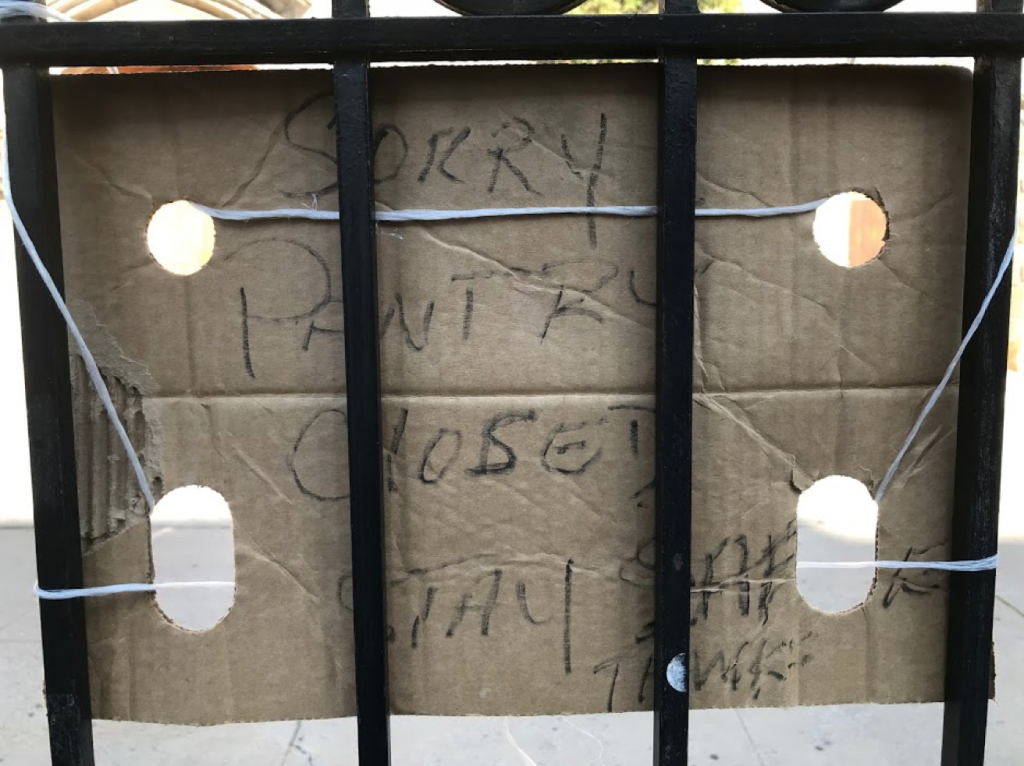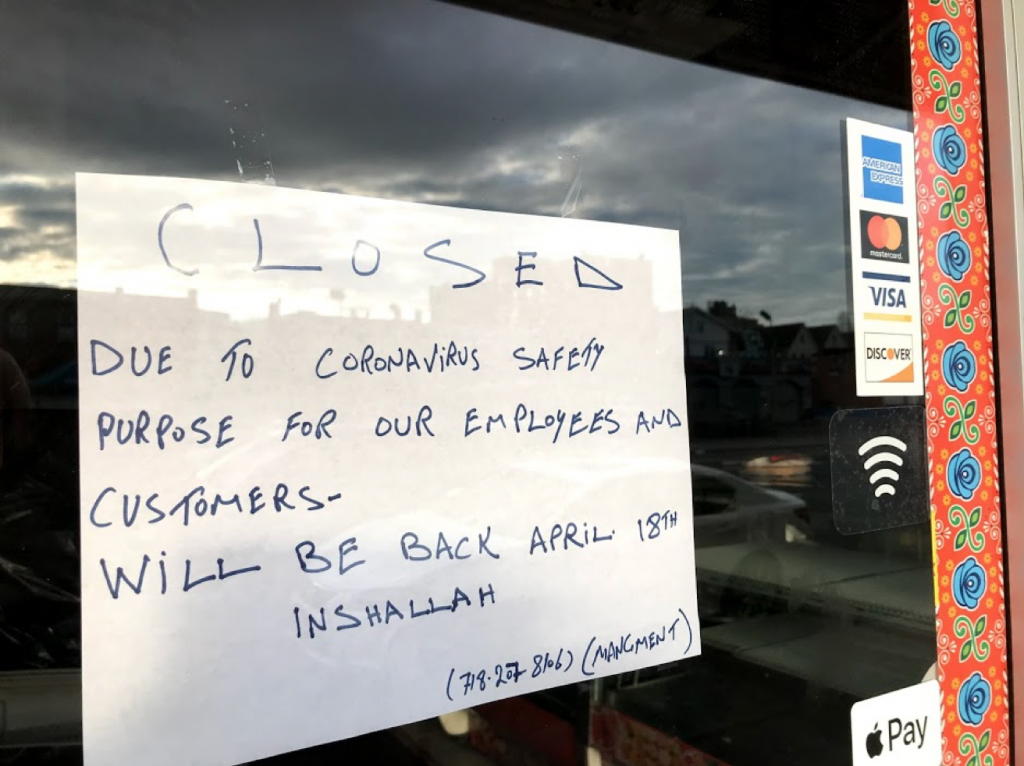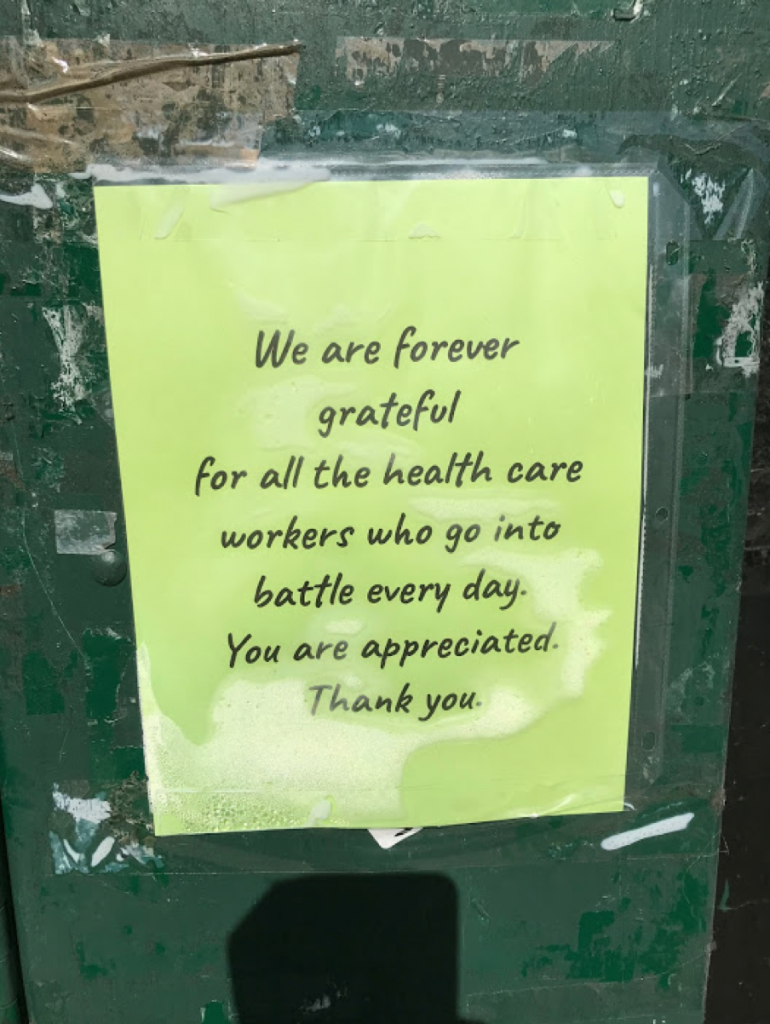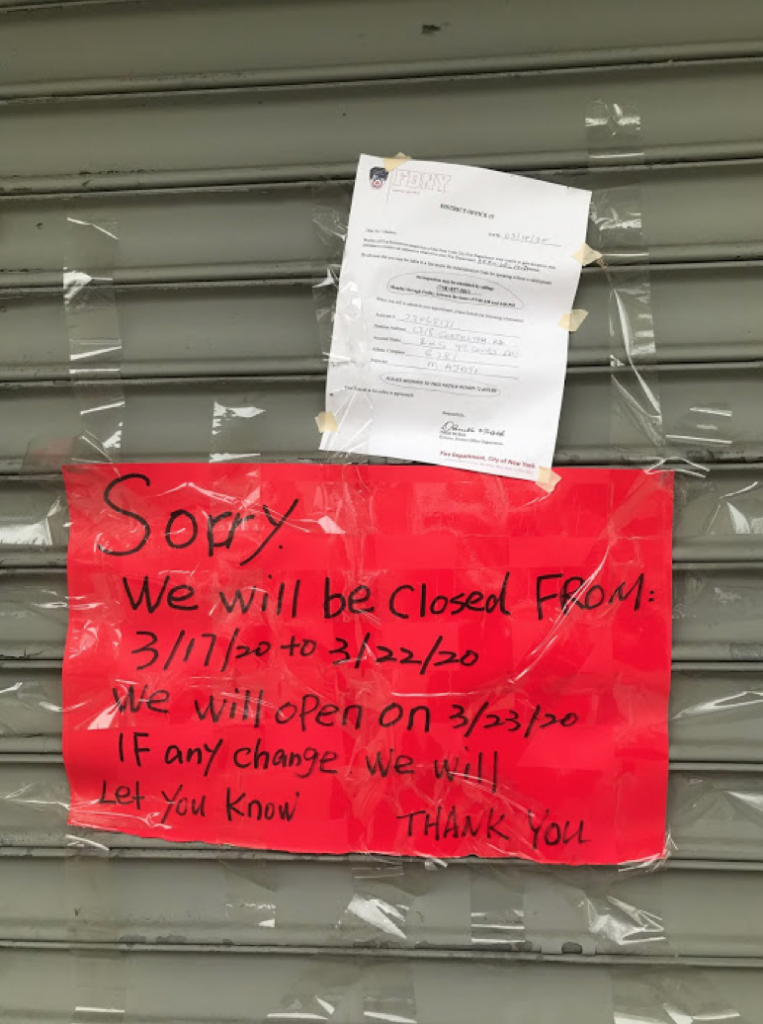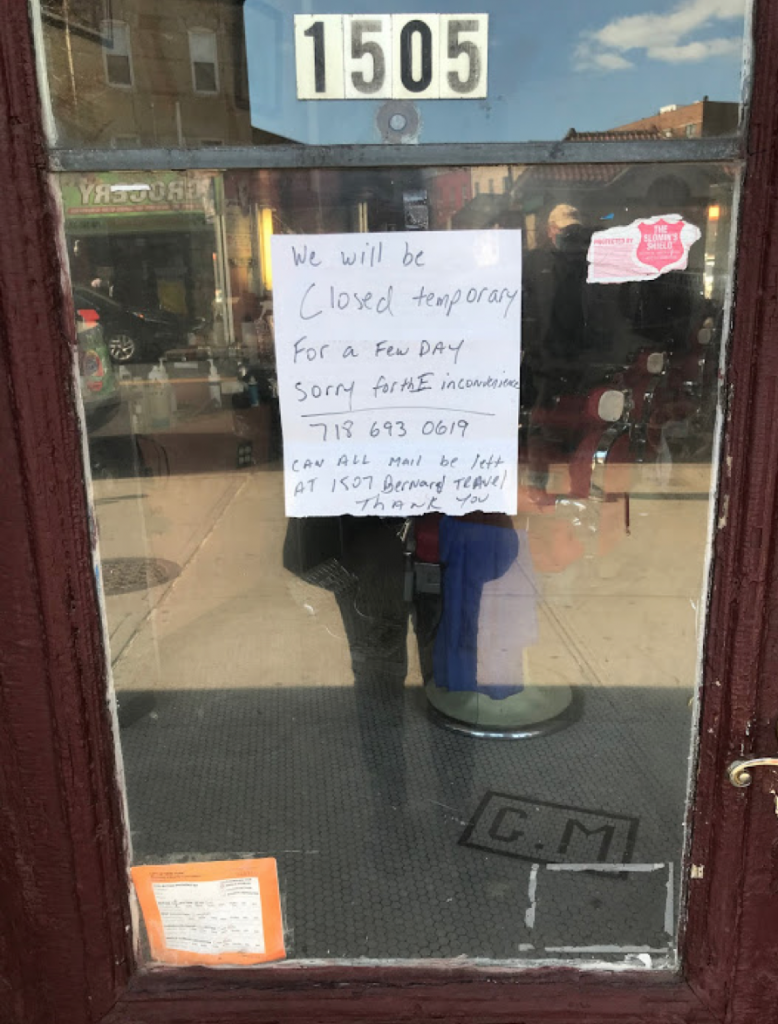I never thought I’d get the coronavirus. I was wrong.
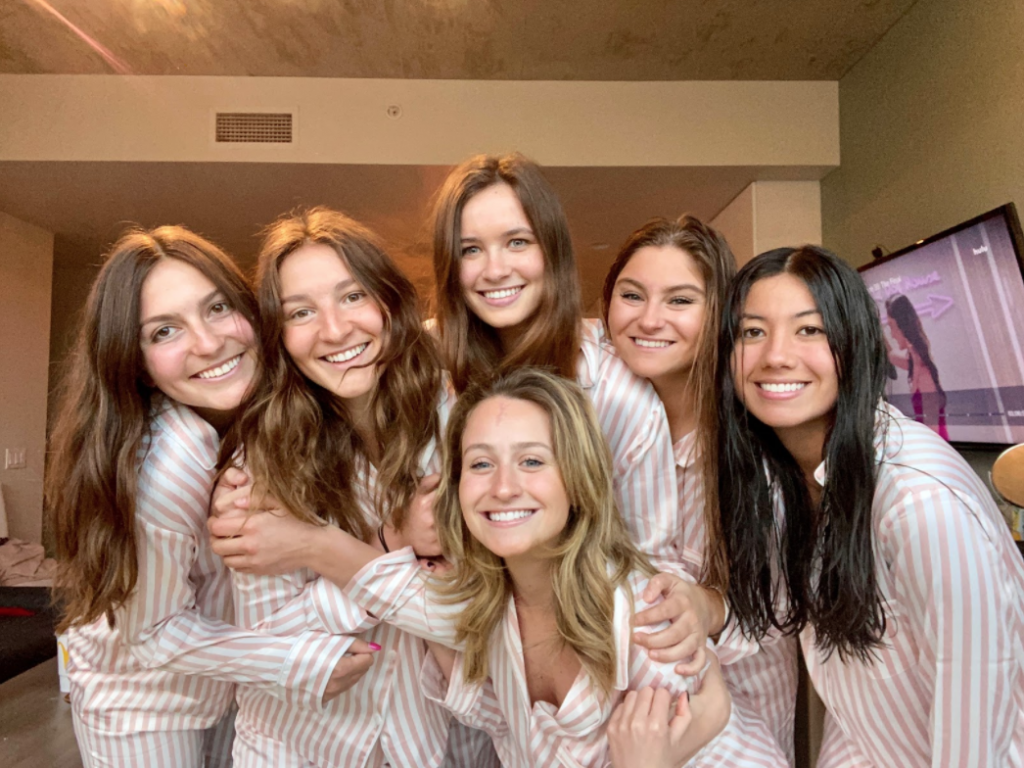
A central facet of my identity is my use of Twitter. Given my subject position as a journalism major, I understand that this is not shocking. It is because of Twitter, though, that the novel coronavirus — COVID-19 — occupied enough space in my consciousness that it was overwhelmingly pervasive in my day-to-day thoughts, even while it was still a far away, somewhat spatial concept at the beginning of 2020.
In late January, when the World Health Organization declared a “public health emergency of international concern,” I remember reading about it on Twitter. I remember feeling confused and as though it didn’t make sense. How, I wondered, was this virus — which at the time was simply “coronavirus” — no “the” and definitely not “COVID-19,” a public health emergency? At this point, it was seemingly still “just” a deadly version of the flu that while yes, was widely spread in China but only confirmed in America in incredibly small numbers. That late January was only four months ago seems like an understatement — and in ways, it is. Andrew Yang was still running for president. Society, on a global scale, was entirely different than it currently is or ever will be again. I thought coronavirus was something that would most likely never impact my life at all.
In February, I liked a Tweet that said, “Are you worried more about coronavirus or the general election?” I remember seeing this and genuinely wondering, which am I more worried about? At the time, my answer was the election.
Then, The Atlantic published an article in mid-February called, “You’re Likely to Get the Coronavirus.” When I saw that headline on my timeline I was intrigued, of course. This article was both pivotal in my understanding of the coronavirus and the most bewildering piece of news I have ever read. There is a sentence in this piece that I pondered over, talked about to all of my friends, and became nearly obsessed with: “within the coming year, some 40 to 70 percent of people around the world will be infected with the virus that causes COVID-19.” I was in disbelief.
In the same few days in February, the New York Times posted another article that became an object of my fascination. An op-ed called, “Why Did the Coronavirus Outbreak Start in China?” This piece explained “how the natural occurrence of a single virus infecting a single mammal could have cascaded into a global health crisis,” which again, I talked about with my friends and passed around — Twitter, and actual news articles felt like a multi-part sci-fi novel. What I, and many Americans failed to predict was that this sci-fi novel or Black Mirror episode would become our reality. What I failed to predict was that in a month, I would be diagnosed with COVID-19.
If the things I read in February felt like a sci-fi novel, the month of March was the cinematic adaptation that lasted longer than The Irishman. For me, March meant it was half-way through my final semester of college, and that “beginning of the end,” included various celebratory plans of this huge milestone in our lives with friends and family. That “beginning of the end,” began with a spring break trip that nobody seemed ready to cancel, and we were not actually being told to cancel. So, against our retrospective better judgement, we went. Traveling, we took all of the right precautions: wearing makeshift masks, gloves, armed with Lysol wipes and hand sanitizer and a general attitude of trepidation and fear. It was only while away that we received news that we would be finishing our final semester of college online.
The news got scarier and scarier, but still — I felt a sense of detachment. It was not that I wasn’t scared or worried for the (then) tens of thousands of people who lost their lives, were sick, or working in hospitals or anywhere on the front lines in the battle against the coronavirus. I felt detached and almost numb in that it seemed surreal to believe that this was not, in-fact a work of sci-fi entertainment: this was reality.
The plan was to begin quarantining in Madison immediately when we got back. Which we did; however, it did not take more than a few days for all six of the 22-year-old, otherwise healthy and in fact incredibly in shape — two of my roommates ran the Los Angeles marathon the first weekend in March — young women that I live with to start feeling sick.
Personally, I thought any mention of us having COVID-19 at the time was perhaps just being run-down and ill from traveling, etc., until I experienced what I can only describe as what I would assume a heart attack feels like in heavy chest pain. In that all six of us living together felt the same symptoms, more or less — but across the board, managed to check off every symptom known for the coronavirus, one of our roommates made the call to an Urgent Care Center in the area to try to get a coronavirus test.
Initially, she was told that they were not testing anyone who was not considered “at risk,” and that we should proceed as if we all have it and make absolutely no contact with another human being, and absolutely not leave our apartment. If any of us deteriorated, we were instructed to call back or take them to the hospital. I think two days went by, of us ruminating over our flu-like illness, wondering if we actually had COVID-19 or if we were being dramatic in that assumption, before my roommate woke up to a call from a representative from the Wisconsin Department of Public Health. Our situation, with six of us in one apartment all feeling symptoms, was deemed “concerning” enough to constitute a test.
Within a few days, which felt like a few years — definitely a couple of chapters in this sci-fi novel, at least — we received a positive diagnosis for COVID-19. My roommate woke up to a few missed calls, as they had tried to reach her in the middle of the night to let her know that she was positive, and that they would like to diagnose the other five of us over the phone, and talk to each of us about our symptoms and how to move forward.
The woman I spoke with from the Wisconsin Department of Public Health was incredibly kind, understanding and helpful which was important given the sense of anxiety that came with a diagnosis for COVID-19. While fortunately, my illness really just felt like the flu (with weirder symptoms like not being able to taste or smell) and the same went for my roommates, it was an incredibly bizarre feeling that the whole world was shut down because of a virus — and that I had that virus.
I recognize my subject position as incredibly fortunate in that I had no prior immune disorders or concerns and that my physical symptoms of COVID-19 were mild in comparison to so many. For me, the anxiety of just having the coronavirus was the worst part of my experience with the disease. Would I get worse? Would I need to go to the hospital? Would I have to be put on a ventilator? Are there even enough ventilators for a 22-year-old to get one? The scenarios that ran through my mind were somewhat ridiculous, but also somewhat realistic given the fact that in 2020, apparently anything is realistic. My fears subsided only when my symptoms did, but even now, there is still so much to be scared of.
I felt, and still do feel anxious about the state of reality that we are living in now. It makes me uncomfortable to think that months ago, I read about this on Twitter and was almost positive that it would literally never impact me directly. It makes me angry that, as The Atlantic puts it in “We Are Living in a Failed State,” “Every morning in the endless month of March, Americans woke up to find themselves citizens of a failed state. With no national plan—no coherent instructions at all—families, schools, and offices were left to decide on their own whether to shut down and take shelter.” It makes me angry that in the movie-like journey of the month of March, I was able to be somewhat kept in the dark about what a serious threat the coronavirus was and still is. In March, because there was no national plan, I got the coronavirus and while I had no real reason to fear for my life, I also had no real reason not to.
My recovery from COVID-19 seems a trivial victory when put in conversation with the bigger picture of what is going on in the United States. I am, of course, ecstatic that I was fine after having what has taken the lives of so many people — even healthy people my age —globally, but to feel “ecstatic” during a time where “a regime that barely knows how to govern,” as The Atlantic puts it, is leading the so-called “free world” to the ground during a global pandemic is a stark and disturbing contrast. The election of this regime was only the preface to this horribly written sci-fi series where people have to say goodbye to their families over FaceTime from a hospital bed. I was lucky enough to get to FaceTime my mom from my couch and tell her I was feeling better. I am eternally grateful for that but I am so very angry at the fact that I didn’t — that most Americans didn’t — take what I categorized as “happening on Twitter” many months ago a little bit more seriously.
